How Investing In Solar Energy Can Impact Your Taxes
Rooftop solar power systems are projected to be used by one in seven U.S. homeowners by 2030, according to the Department of Energy. With this on the horizon, the tax advantages to solar power have become a popular topic. If you're pondering switching to solar power, you can potentially save money on your taxes. Let's explore how it works.
State Tax Deductions
Part of the tax benefits of solar is the tax credits! Solar Tax Credits are available for homeowners in all states except Louisiana (which does offer a tax deduction). The amount changes contingent on where you live and whether you own your home. If you happen to lease instead of buy, there are other ways to get tax benefits from using solar power.
Some states allow taxpayers who lease their solar panels to deduct a percentage of the payment from their yearly state taxes as part of their standard deductions. These deductions vary widely from state to state. Some offer as little as 5%, while others have no cap. For example, if your lease payment is $100 per month and your state offers a 10% deduction, then $10 will be deducted automatically from your state taxes yearly.
Alternative Minimum Tax (AMT)
Additional tax advantages to solar power include AMT. Your solar systems may qualify your household for AMT treatment, which allows you to claim up to $1,500 in credits per year without having to pay an AMT. If you have already paid this on your system, you can retroactively take advantage of this provision by filing an amended return.
Reduced Taxable Income from Depreciation
If you buy solar panels or a wind turbine, you can deduct their cost as an expense on your taxes, reducing your taxable income. This reduces the amount of yearly taxes you'll have to pay because only what's left over after your deductions will be taxed. For example, let's say you spend $10,000 on solar panels. It may take three years for you to recoup that investment in savings on your electric bill, but during those years your taxable income would be lower because depreciation reduces taxable earnings from other sources, such as salary or dividends from investments. Under an Internal Revenue Code Section, you can claim depreciation for residential and commercial systems.
Fewer Taxes Owed from Tax-Free Income
Investing in solar energy can lower your tax bill because the government allows investors to receive tax credits for producing energy from renewable sources. This may enable you to keep more of your earnings in your pocket to have more money available for other investments or personal expenses. The amount of money you save depends on how much you invest in the project, but it could be a significant portion of your total investment.
It's possible to write off certain costs associated with owning and operating a solar power plant. These include property taxes, maintenance costs, and installation fees paid out during the plant's life span. However, there are limits on these deductions depending on what entity owns the plant (an individual versus a corporation).
Reduced Property Taxes After Solar Panel Installations
The federal government offers a 30% tax credit for solar energy systems, according to the Department of Energy. In addition, many states offer additional incentives and tax credits for installing solar panels on your home or business property. By installing solar panels on the property you own, you can reduce your property taxes over time by decreasing the amount of electricity that you need to purchase from local utilities.
If you install solar panels on your home, you may be eligible for a property tax exemption in some states. This exemption typically applies to the value of the system itself and not the added value of the energy produced by it (although there are some exceptions). The exact rules vary by state, but you may qualify if you satisfy any of the following.
- You own the home (not renting or leasing)
- It's your primary residence
- The system was installed after 1986
The bottom line is that many tax advantages to solar power are available to homeowners who want to invest in this industry. In addition to the money you'll save at the end of every year, you'll get to put a positive footprint on your local environment. Solar energy is one of the ways we can help combat the climate crisis while making a profit. Ensure you add it to your list of goals this tax season and contact Northwind Solar today for more information!
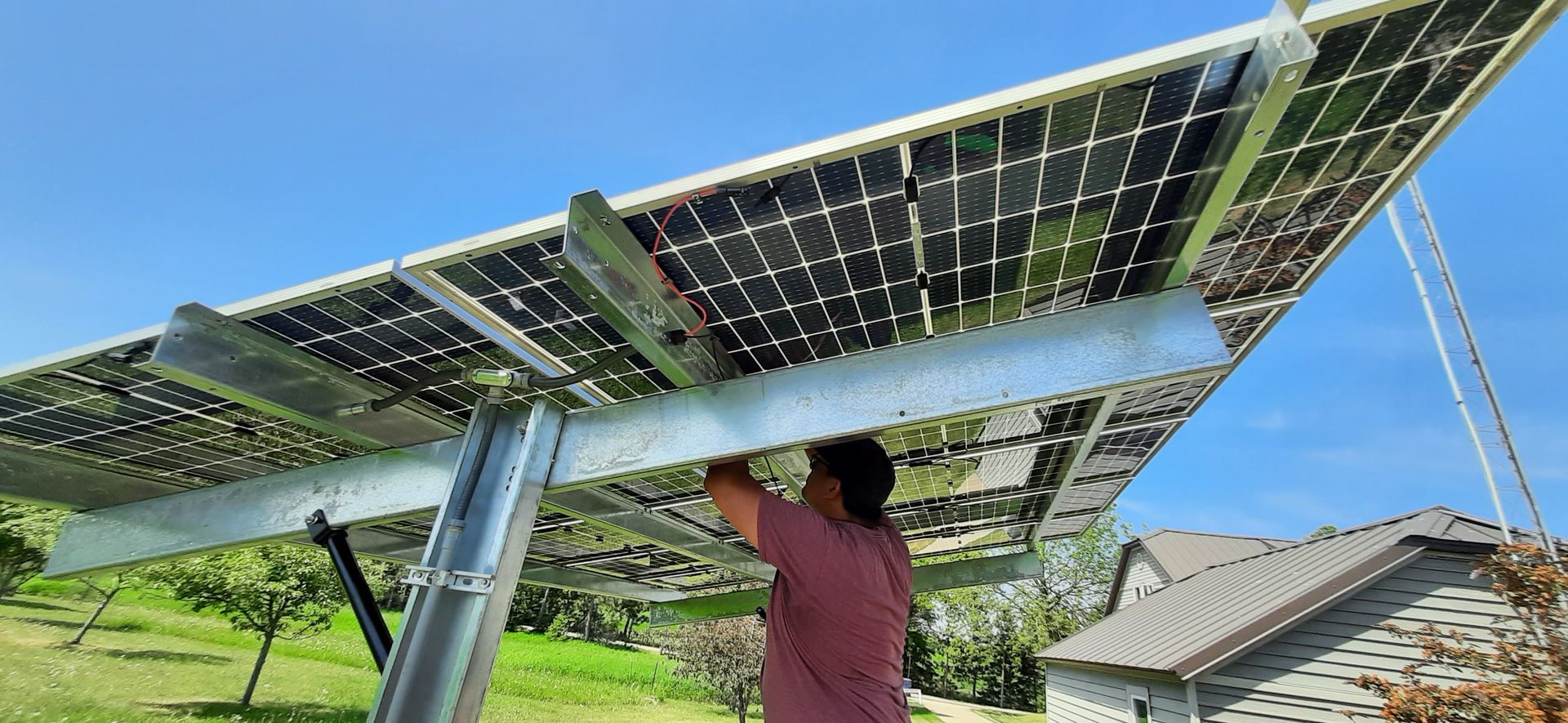

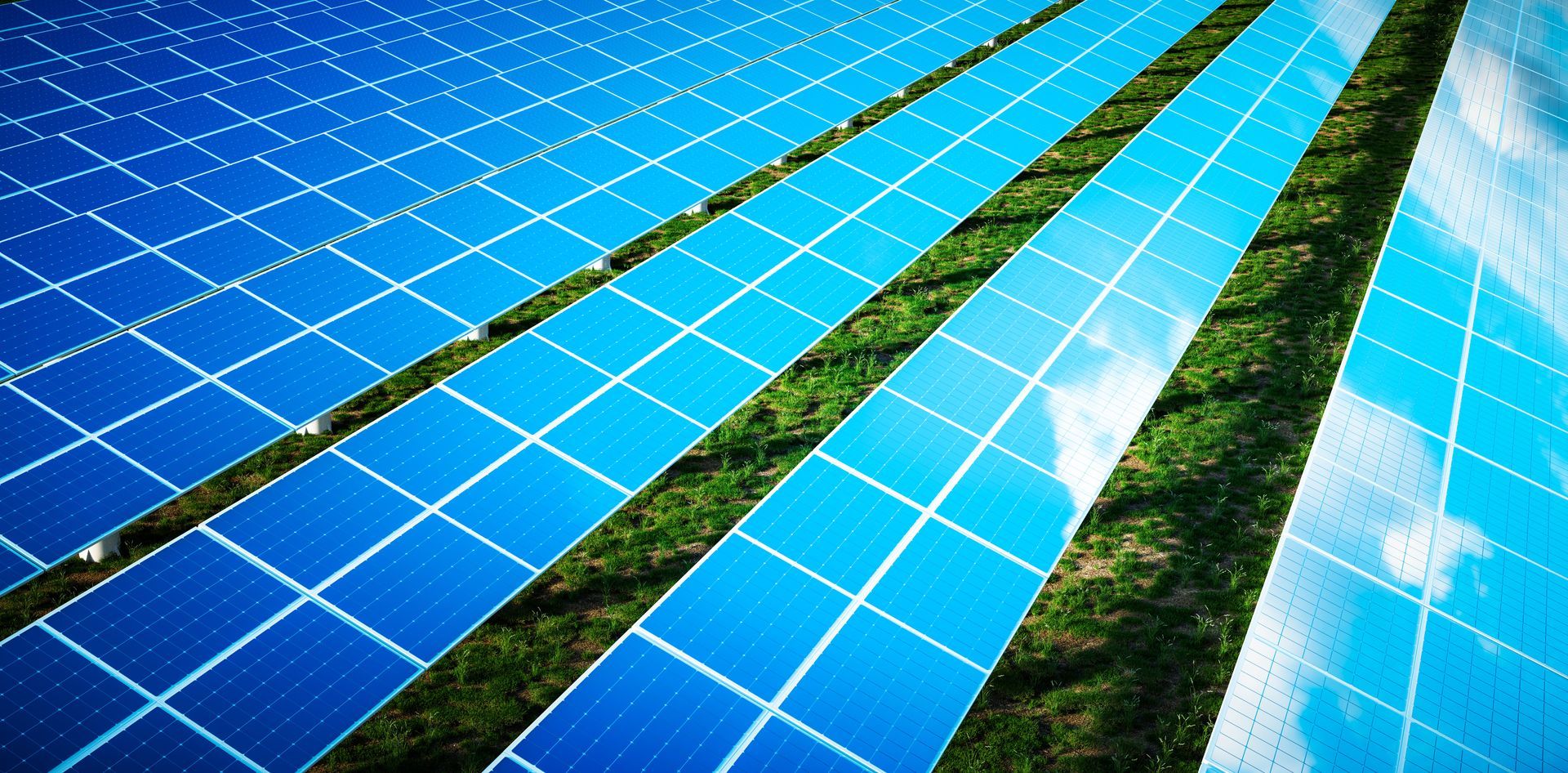
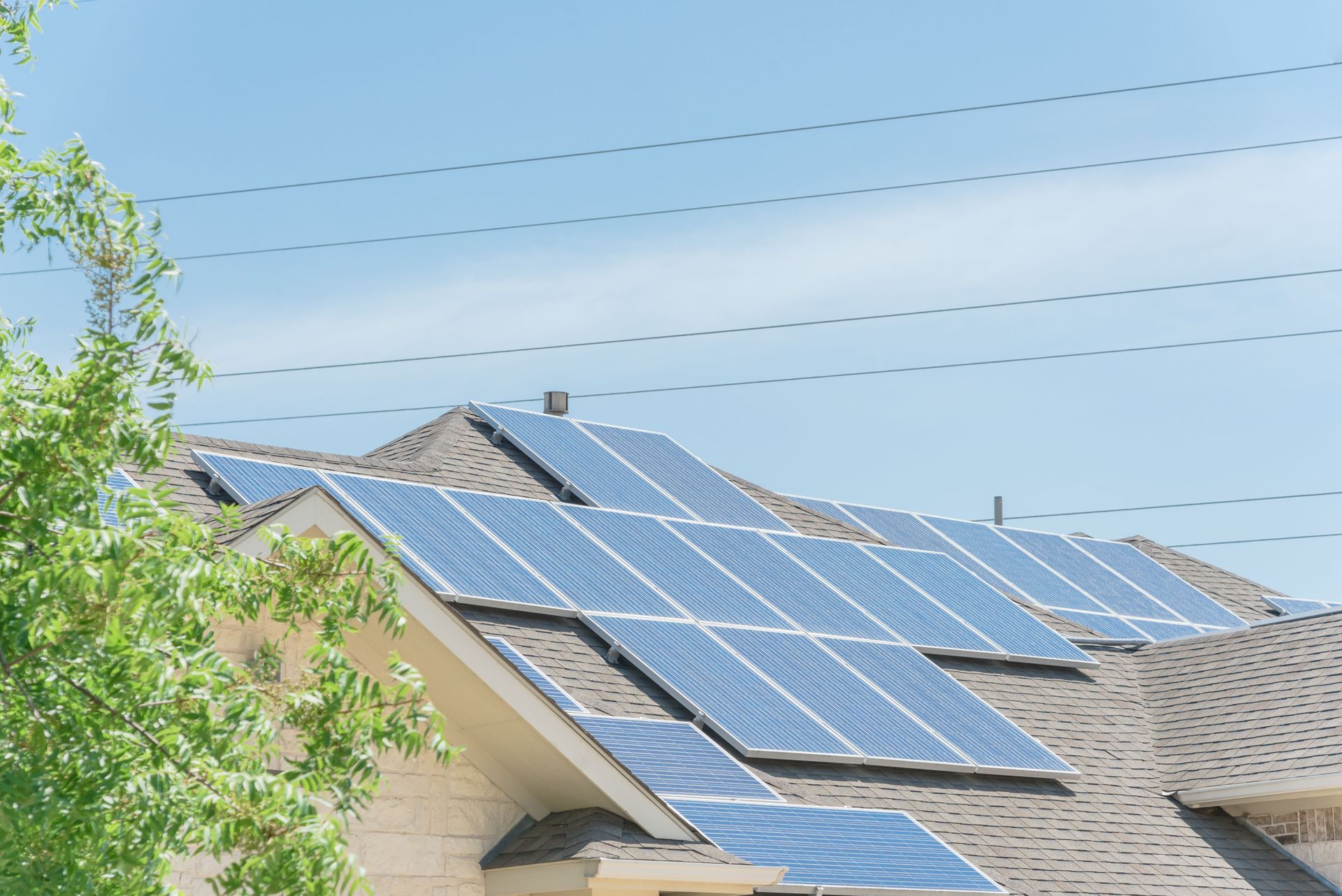
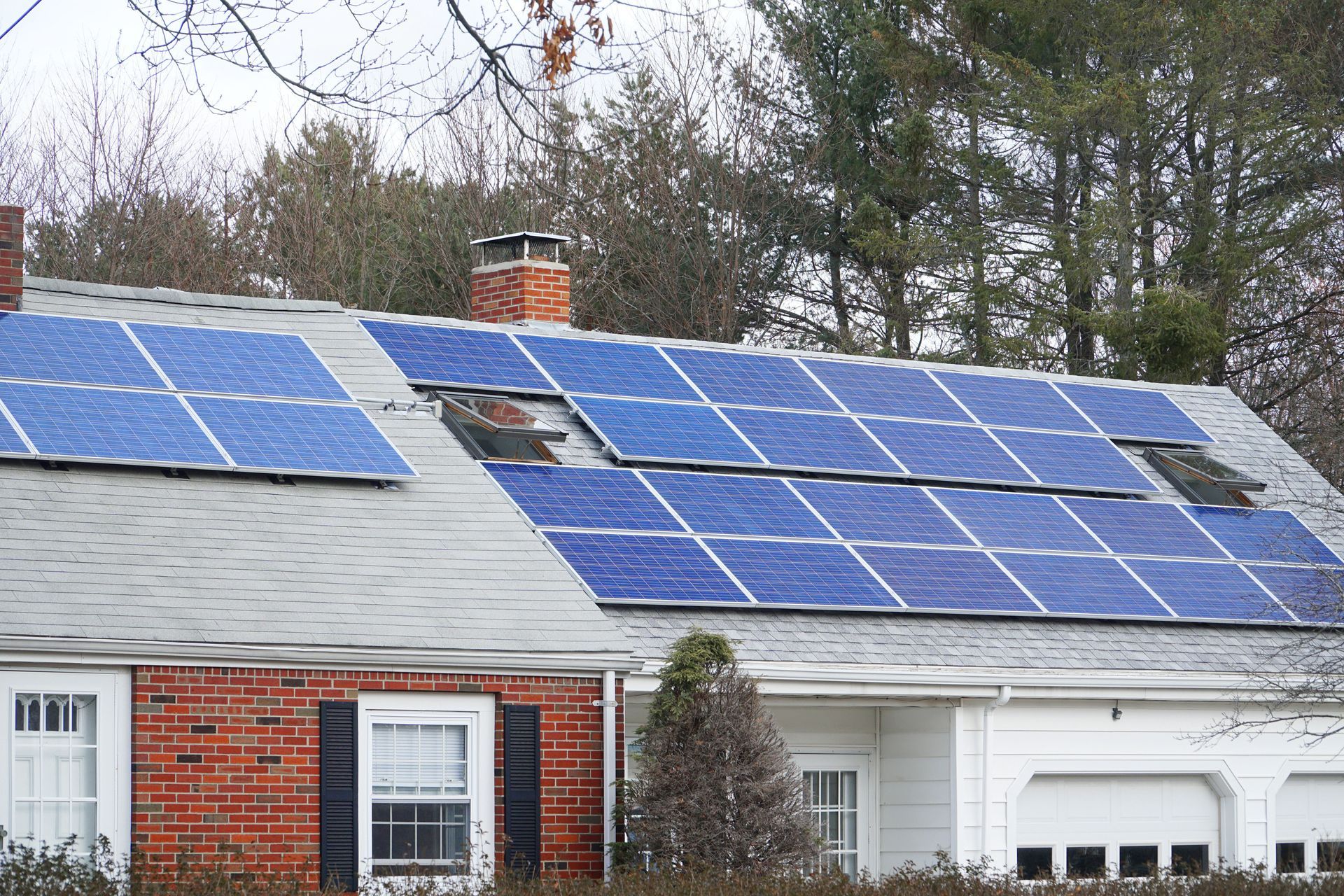
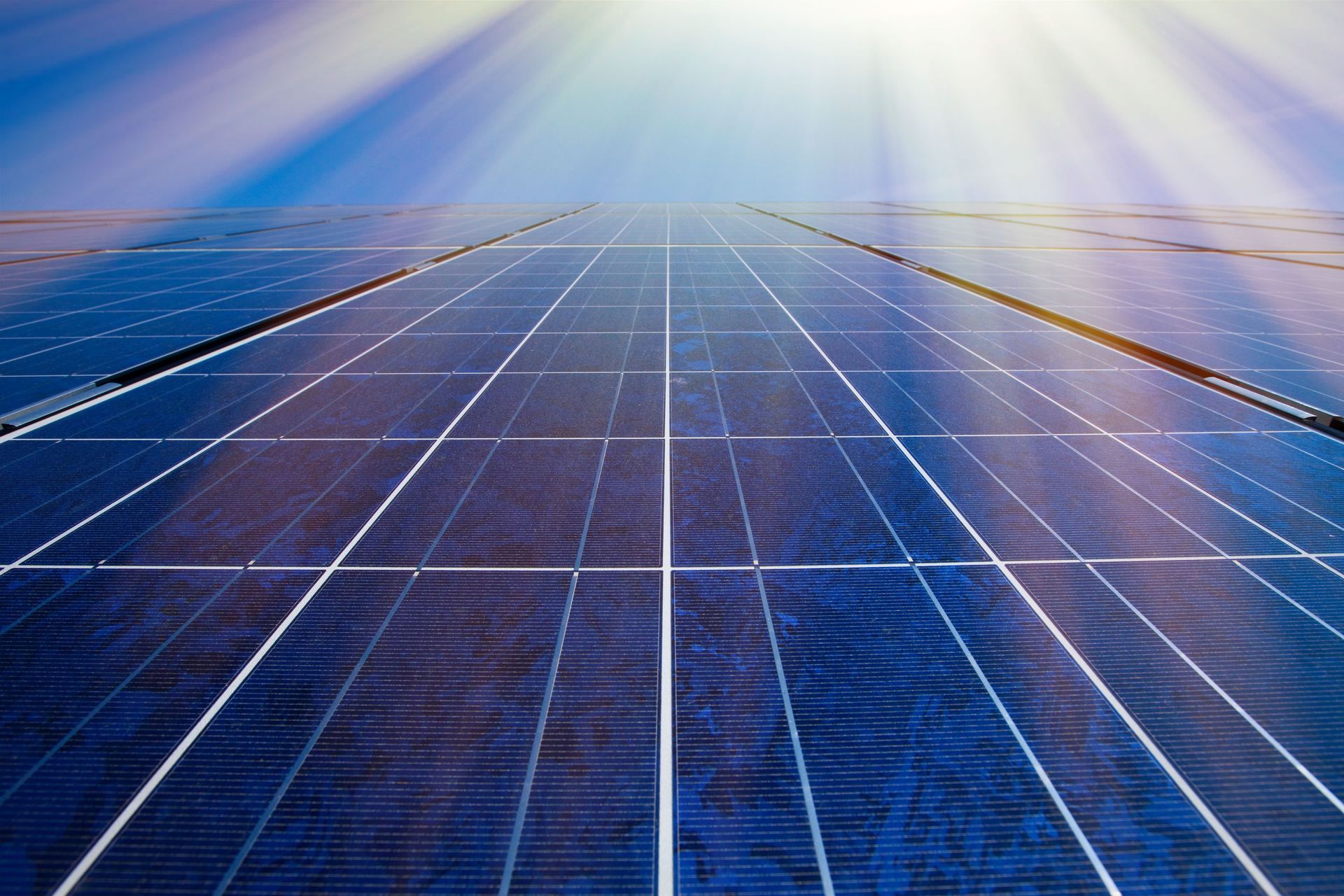

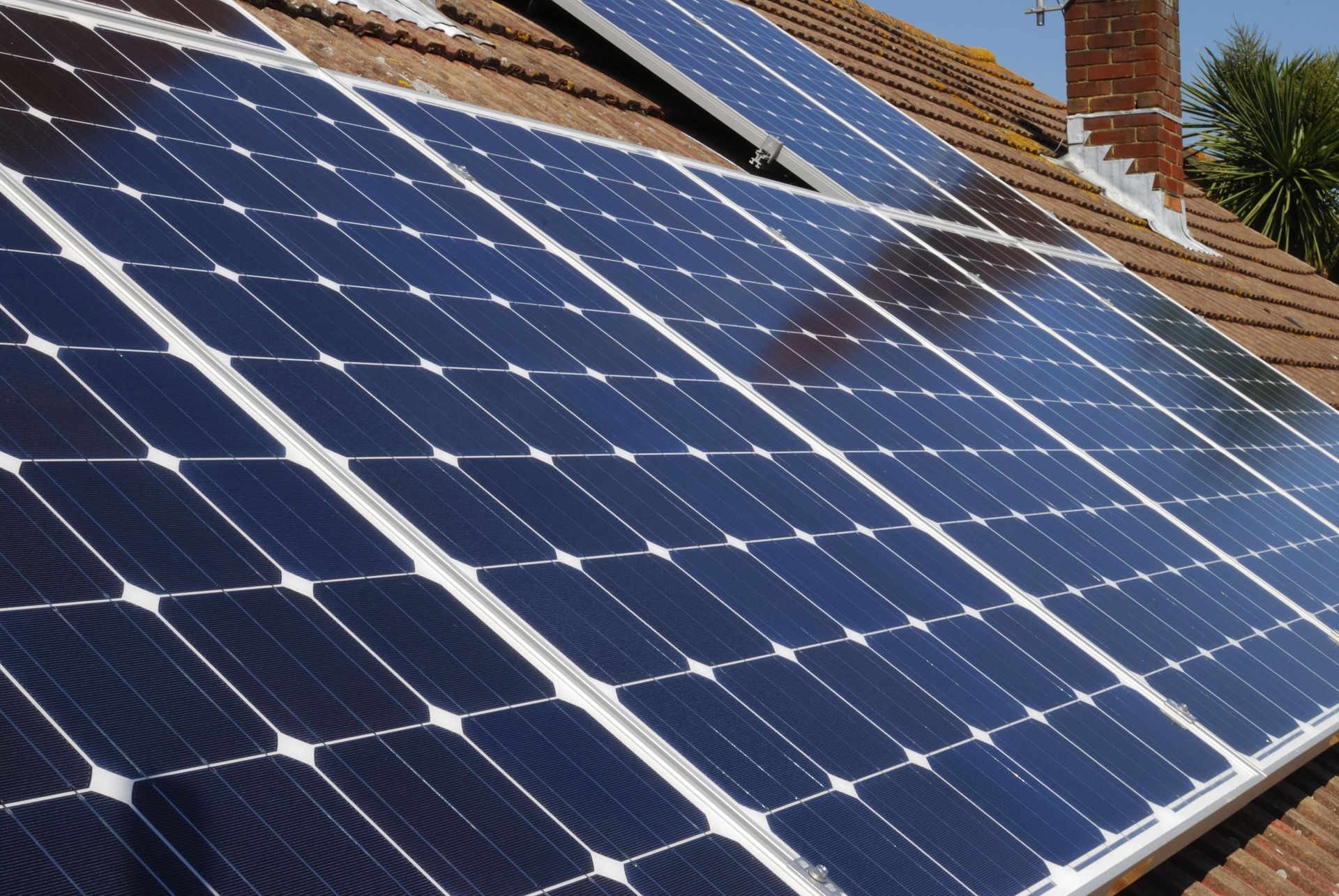
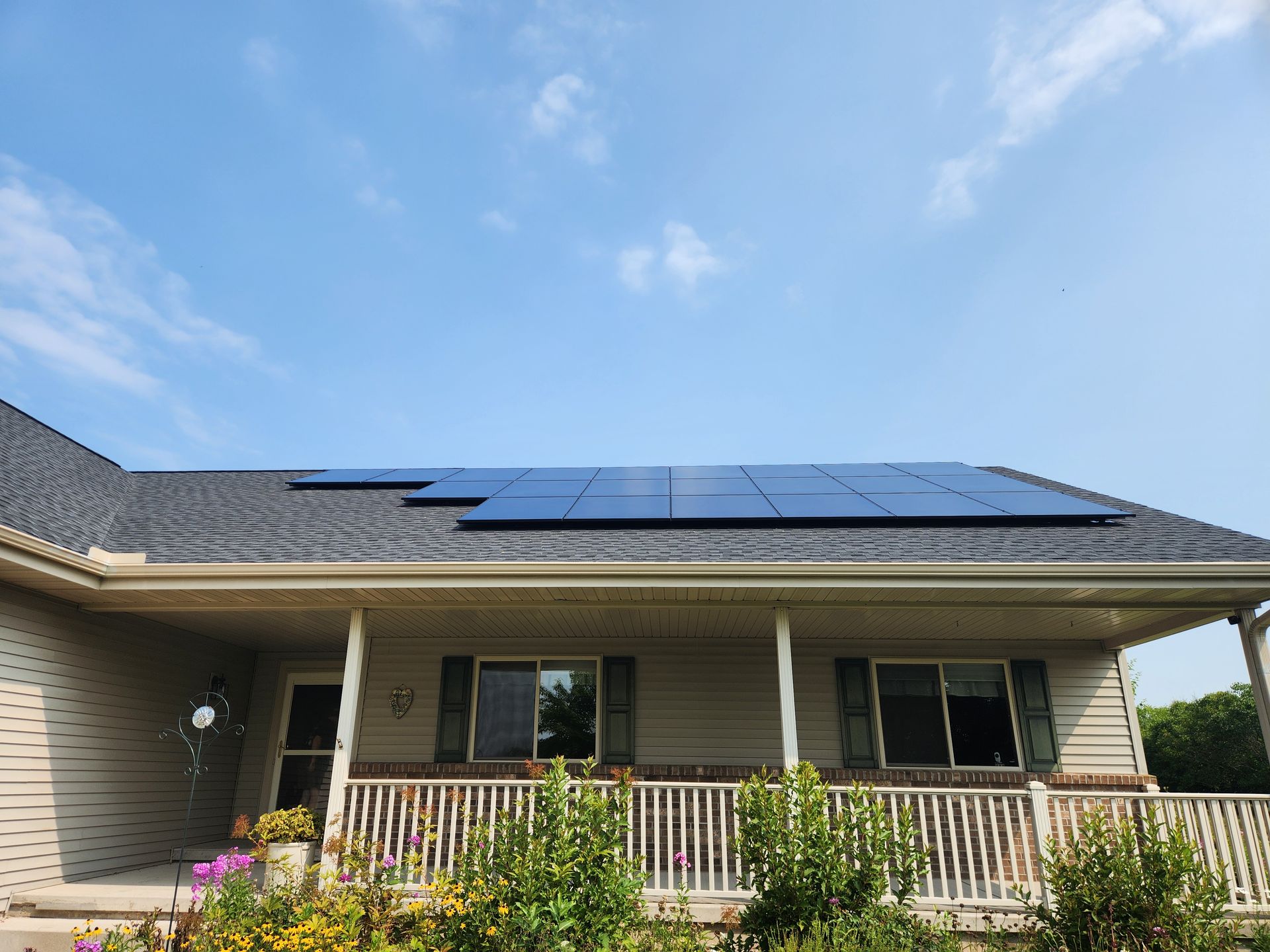


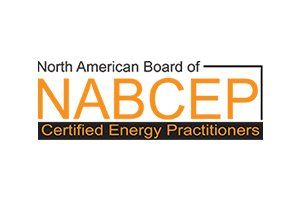
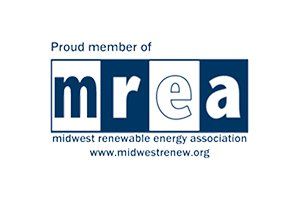

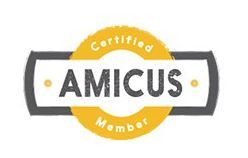
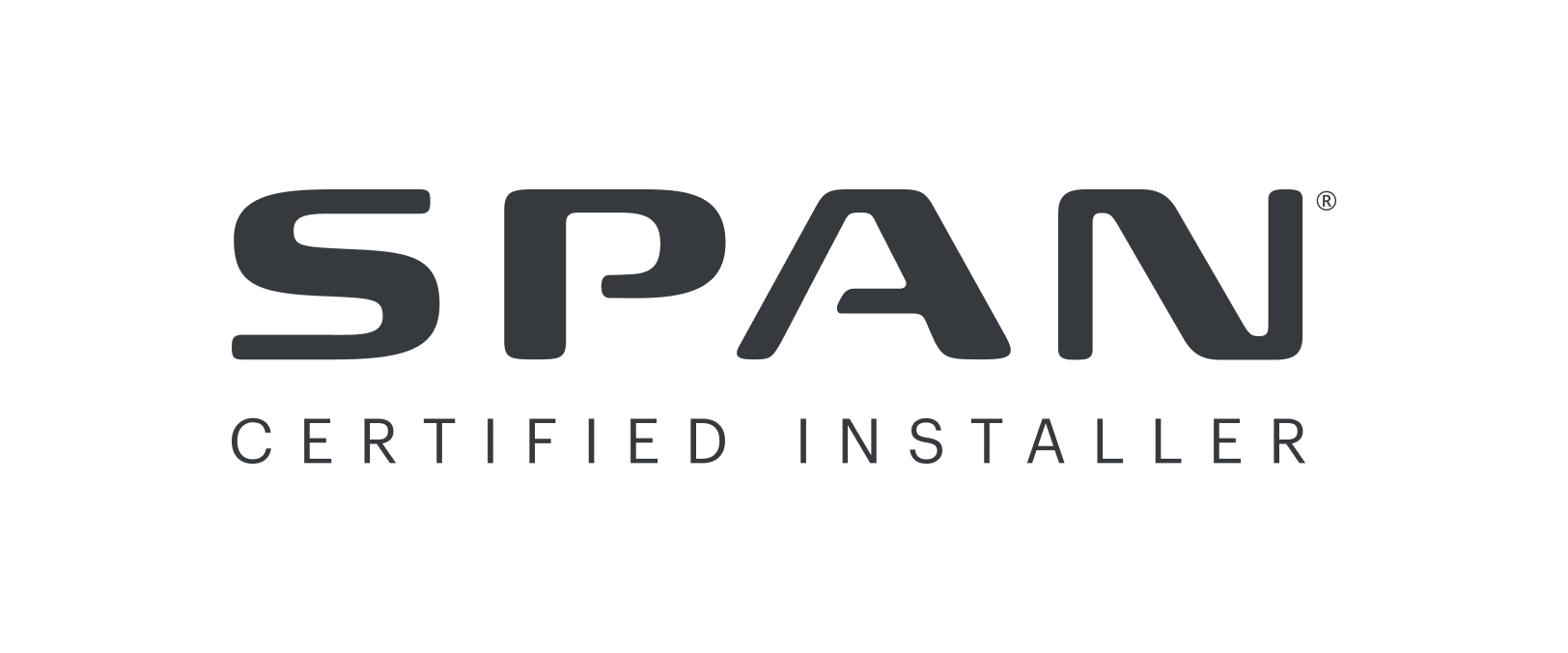

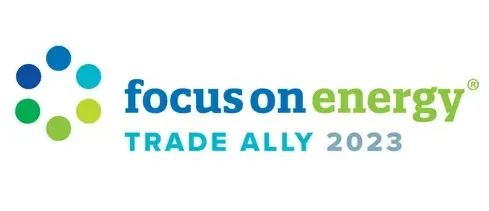





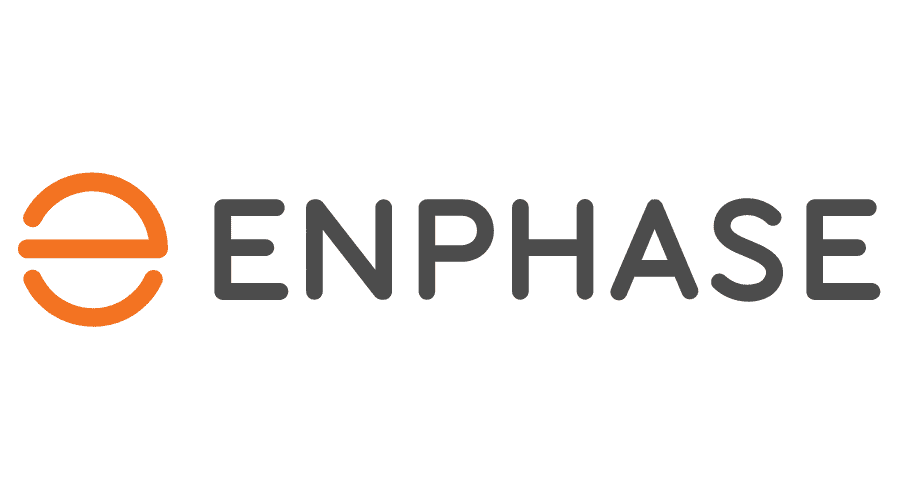
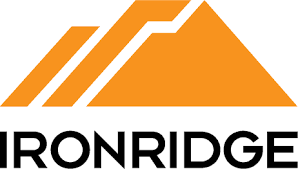




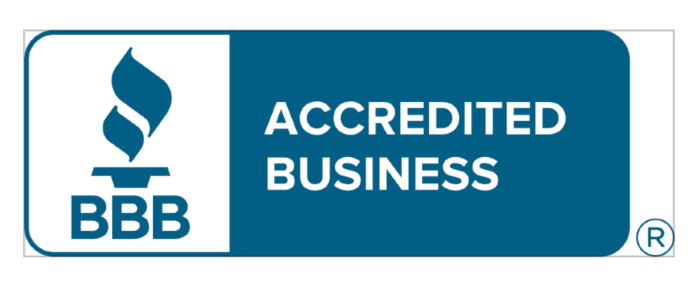
Share On: